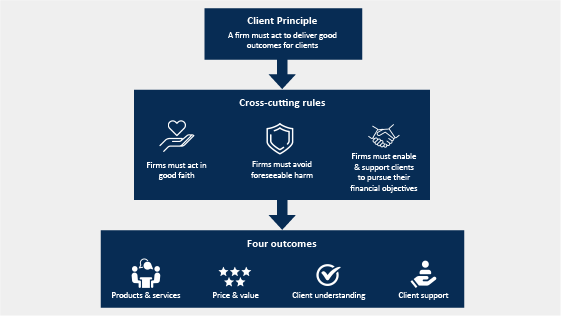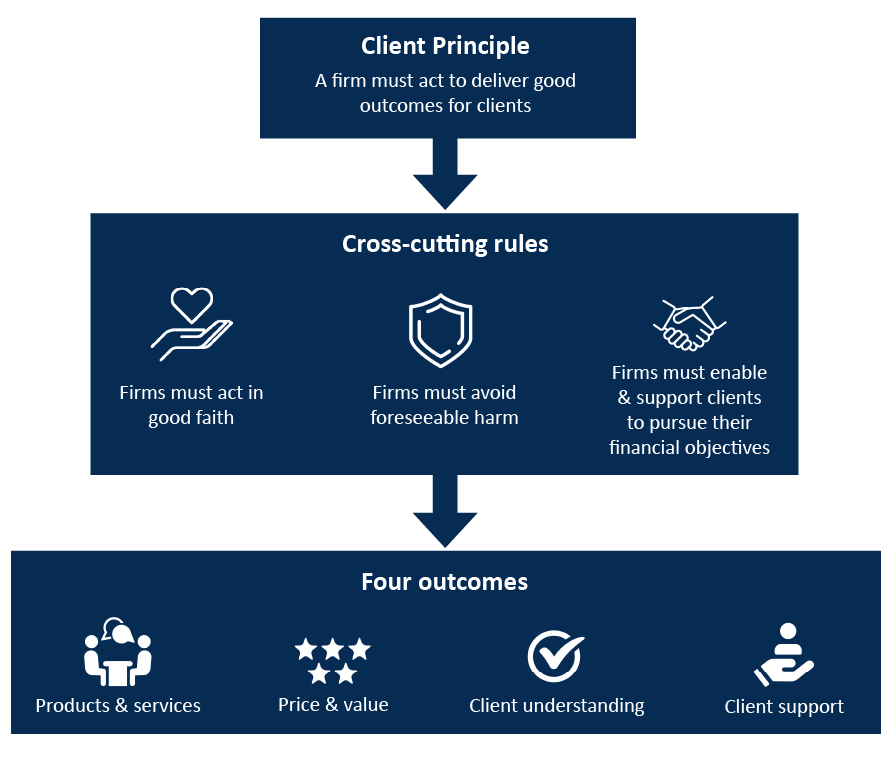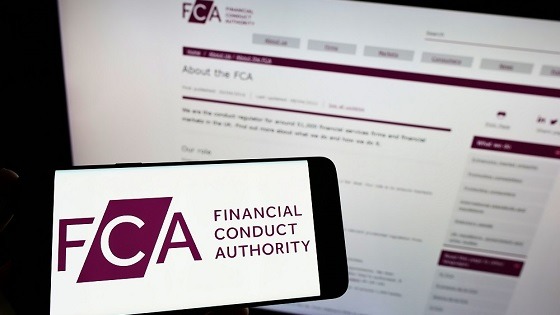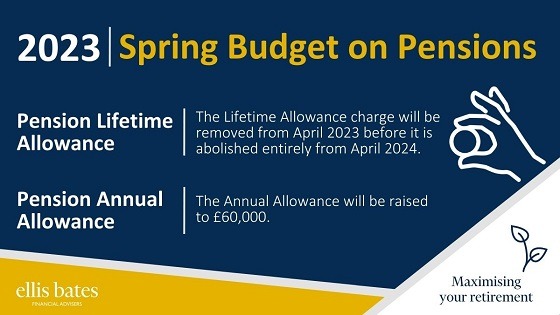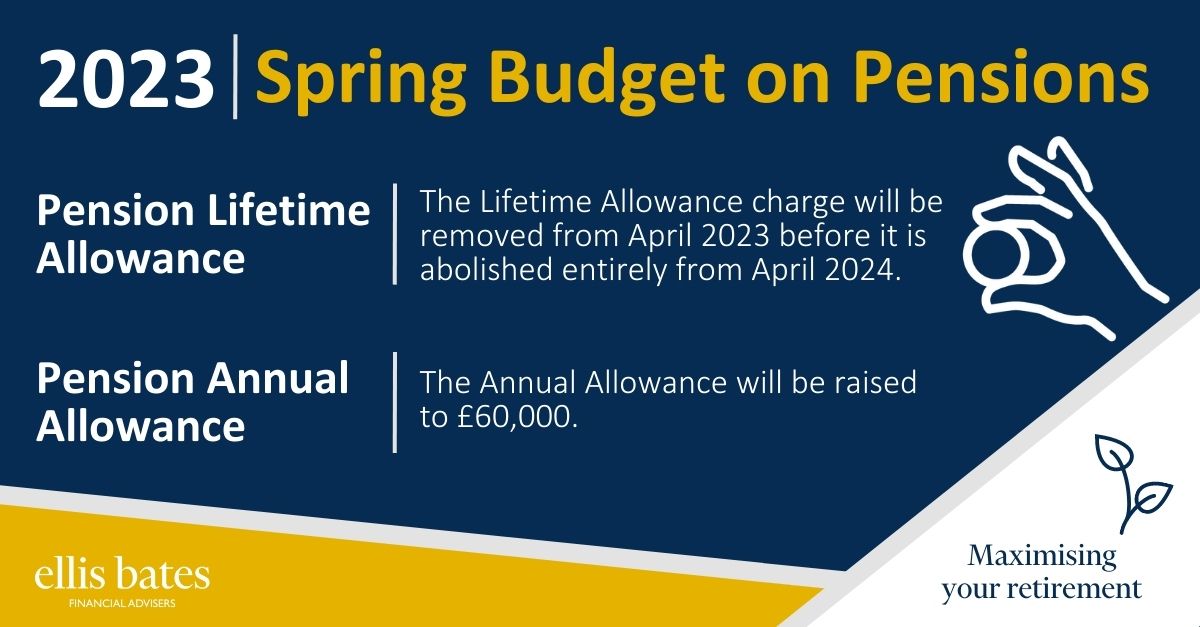Autumn Budget 2024: Key Points
https://www.ellisbates.com/wp-content/uploads/2024/11/Picturergddg1.png 794 616 Jess Easby Jess Easby https://secure.gravatar.com/avatar/70f816837c455030814d46a740cfc12d89893aaf8cbf8c8f8f59387d7b30ac08?s=96&d=mm&r=g
The Chancellor of the Exchequer, Rachel Reeves, delivered her maiden Autumn Budget Statement 2024 on Wednesday 30 October, alongside an updated economic forecast from the Office for Budget Responsibility. Three months after coming to power, she set out the government’s taxing, borrowing and spending plans.
Main announcements from Chancellor Rachel Reeves at a glance
Key measures on tax, investments, pensions and property
What does the Autumn Budget Statement 2024 mean for your money? Chancellor Rachel Reeves delivered Labour’s first Budget since 2010 on 30 October, after the party’s return to power in July’s general election.
She announced tax rises worth £40bn, commenting that these would rebuild public services and stabilise the public finances.
ECONOMY
- Office for Budget Responsibility predicts the UK economy will grow by 1.1% this year, 2% next year and 1.8% in 2026
- Inflation is predicted to average 2.5% this year and 2.6% next year before falling to 2.3% in 2026
- The official definition of UK government debt loosened by including a wider range of financial assets, such as future student loan repayment
PERSONAL TAXATION
- Rates of Income Tax and National Insurance (NI) paid by employees, and of VAT, to remain unchanged
- Income Tax band thresholds to rise in line with inflation after 2028, preventing more people being dragged into higher bands as wages rise
- Basic rate Capital Gains Tax on profits from selling shares to increase from 10% to 18%, with the higher rate rising from 20% to 24%
- Rates on profits from selling additional property unchanged
- Inheritance Tax threshold freeze extended by further two years to 2030, with inherited pension pots also subject to the tax from 2027
WAGES, BENEFITS AND PENSIONS
- Legal minimum wage for over-21s to rise from £11.44 to £12.21 per hour from April
- Rate for 18 to 20-year-olds to go up from £8.60 to £10, as part of a long-term plan to move towards a ‘single adult rate’
- Basic and new State Pension payments to go up by 4.1% next year due to the ‘triple lock’, more than working age benefits
- Eligibility widened for the allowance paid to full-time carers, by increasing the maximum earnings threshold from £151 to £195 a week
HOUSING
- Social housing providers to be allowed to increase rents above inflation under multiyear settlement, external
- Stamp duty surcharge, paid on second home purchases in England and Northern Ireland, to go up from 3% to 5%
- Current affordable homes budget, which runs until 2026, boosted by £500m
TRANSPORT
- 5p cut in fuel duty on petrol and diesel brought in by the Conservatives, due to end in April 2025, kept for another year
- £2 cap on single bus fares in England to rise to £3 from January
- Commitment to fund tunnelling work to take HS2 high-speed rail line to Euston station in central London
- Commitment to deliver upgrade to trans-Pennine rail line between York and Manchester, running via Leeds and
Huddersfield - Air Passenger Duty on flights by private jet to go up by 50%
- Extra £500m next year to repair potholes in England
- Vehicle Excise Duty paid by owners of all but the most efficient new petrol cars to double in their first year, to encourage shift to electric vehicles
BUSINESS TAXES
- Companies to pay NI at 15% on salaries above £5,000 from April, up from 13.8% on salaries above £9,100, raising an additional £25bn a year
- Employment Allowance – which allows smaller companies to reduce their NI liability – to increase from £5,000 to £10,500
- Tax paid by private equity managers on share of profits from successful deals to rise from up to 28% to up to 32% from April
- Main rate of Corporation Tax, paid by businesses on taxable profits over £250,000, to stay at 25% until next election
GOVERNMENT SPENDING AND PUBLIC SERVICES
- Extra £22.6bn for day-to-day spending on the NHS in England, and a £3.1bn boost to budget for investment
- £6.7bn allocated for education investment next year, with £1.4bn earmarked for rebuilding over 500 schools
- Defence spending to rise by £2.9bn next year
OTHER MEASURES
- £11.8bn allocated to compensate victims of the infected blood scandal, with £1.8bn set aside for wrongly prosecuted Post Office sub-postmasters
- Government to stop receiving surplus cash from pension scheme for mineworkers
- Extra spending in England will lead to £3.4bn more for Scotland, £1.7bn more for Wales and £1.5bn more for Northern Ireland in devolution payments
Do you need a Post Budget Financial Health check?
Book a chat with one of our expert financial advisers to see how they can help and support your financial planning through the new legislation

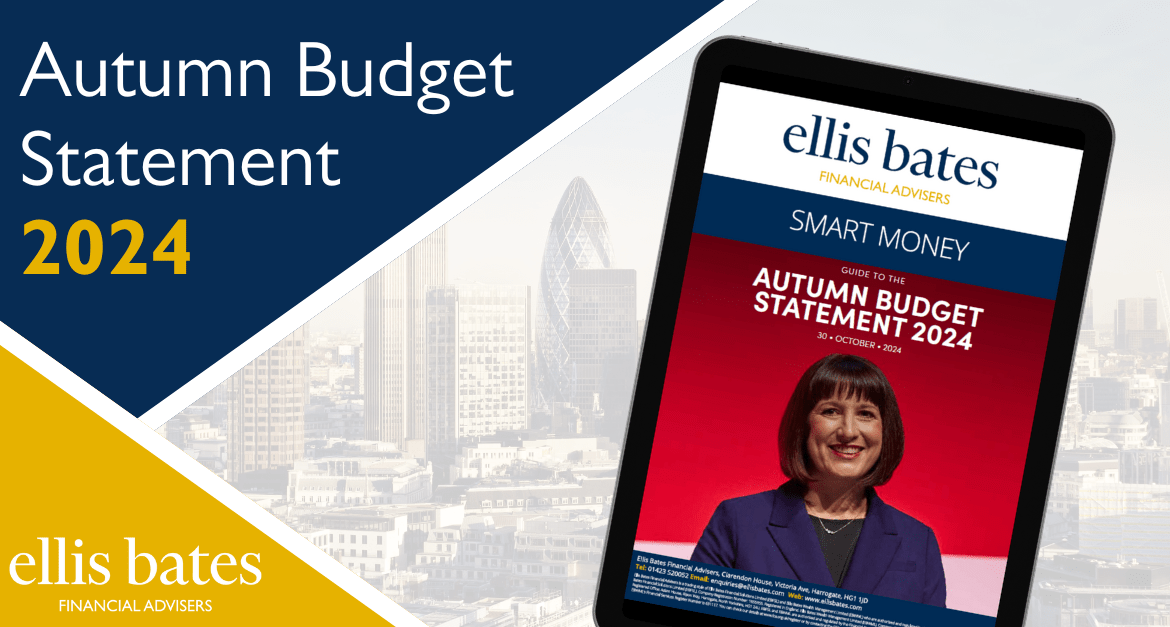
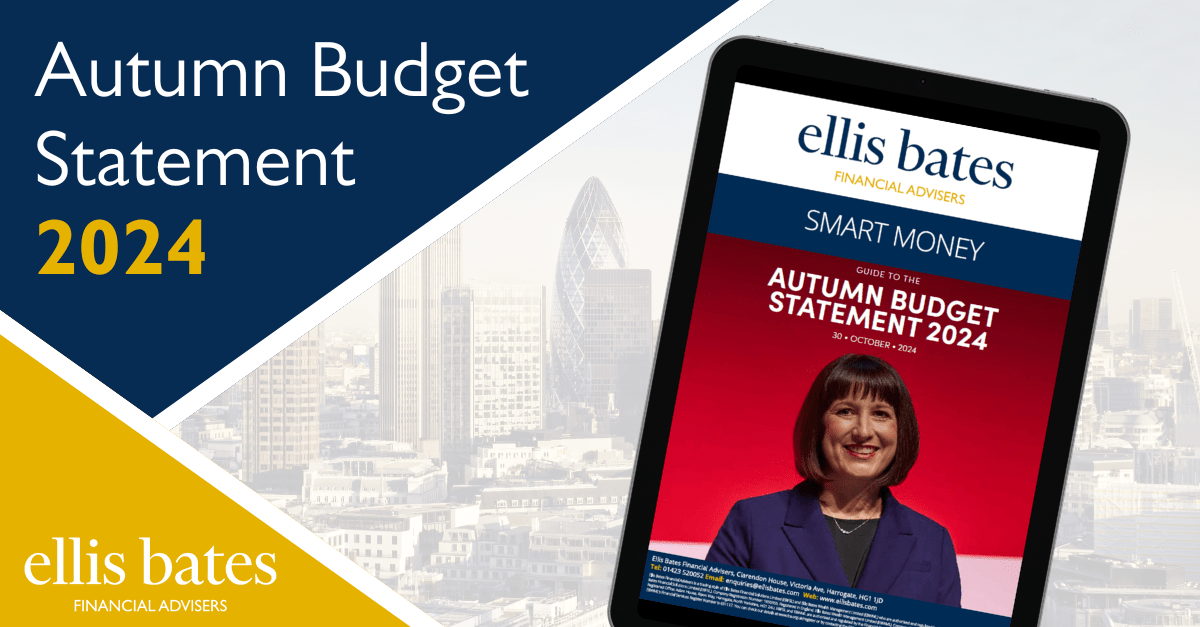



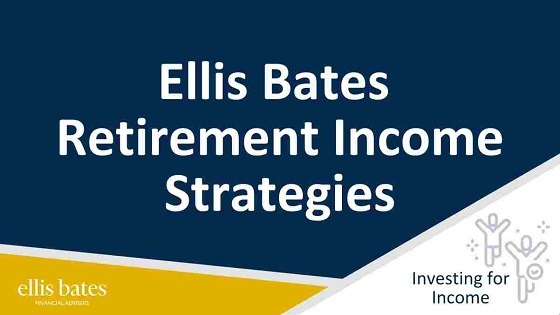
 Research shows that many individuals have not saved sufficiently for their retirement, so they are becoming increasingly reliant on stock market returns to maintain their lifestyle after they finish working. However, volatility in the markets post-COVID has raised concern over expectations of market returns in the years ahead. This leaves investors vulnerable to market shocks.
Research shows that many individuals have not saved sufficiently for their retirement, so they are becoming increasingly reliant on stock market returns to maintain their lifestyle after they finish working. However, volatility in the markets post-COVID has raised concern over expectations of market returns in the years ahead. This leaves investors vulnerable to market shocks.
